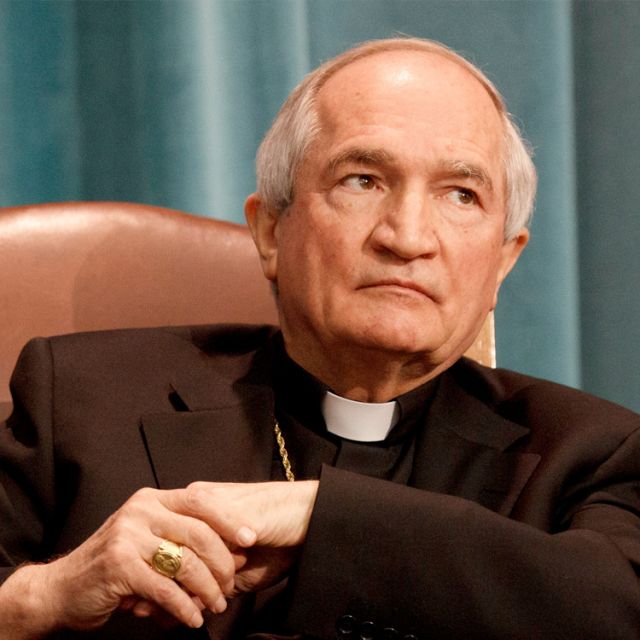The 2008 financial crisis "marked a turning point for the world economy," Archbishop Tomasi said. "In particular, the subsequent global economic recession has eliminated at least 30 million jobs around the world," according to statistics from the International Labor Organization.
"The enjoyment of fundamental economic and social rights by countless persons has been compromised, including the right to food, water, decent work, education and health," he said.
The financial crisis and the global recession have taught both rich and poor countries that they could face "serious social, political and economic costs if the financial markets are left to regulate themselves," he said.
The good of the human person must be at the center of economic activity and economic policy, he said. And for that to happen, development must be "employment oriented."
Archbishop Tomasi questioned the practical benefits for nations and individuals of what was known as "jobless growth" in the economies of the world's richest countries.
Work is not just an activity that produces a product or service and earns a person wages, the archbishop said; it is essential to human dignity because it gives a person a sense of worth and allows people to contribute to the good of their families and societies.
Efforts to promote development also must recognize the central role of education, he said. "If young minds, the future of our society, are not sufficiently prepared, millions will not be able to enter the labor market of tomorrow."
Education also is the key to giving an individual an awareness of his or her responsibility and potential for contributing to a healthy, sustainable, ethical economy, he said.
The U.N.'s efforts to forge a stronger partnership between developed and developing countries, he said, also must look at ways "to reduce the excessive volatility of food commodity prices" because the international trade of food products "has consequences on the daily nutrition and life of the poorest people in the world, and carries therefore a strong ethical dimension," Archbishop Tomasi said.
The archbishop reiterated the teaching of Pope Benedict XVI and his predecessors that because the economy and financial markets are human activities, they have moral and ethical implications.
"Ethical values such as transparency, honesty, solidarity and responsibility cannot be ignored: They preserve a person-centered goal in any economic activity, prevent crises caused by greedy speculation and provide a comprehensive approach that does not separate the social consequences from economic and environmental decisions," he told the conference.

